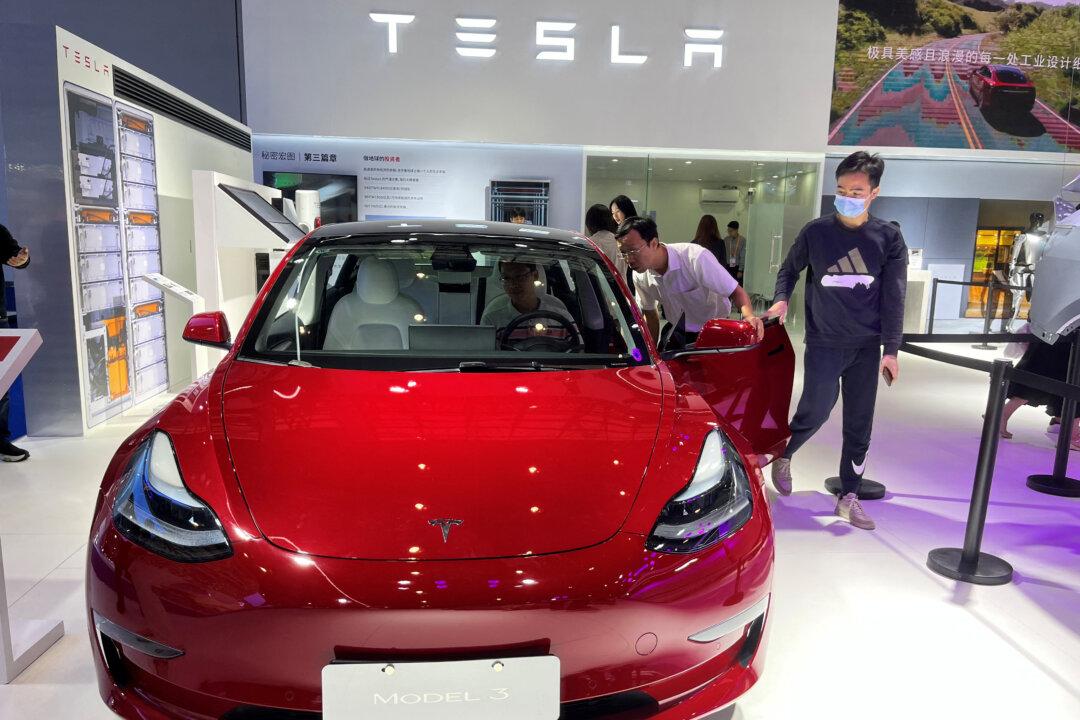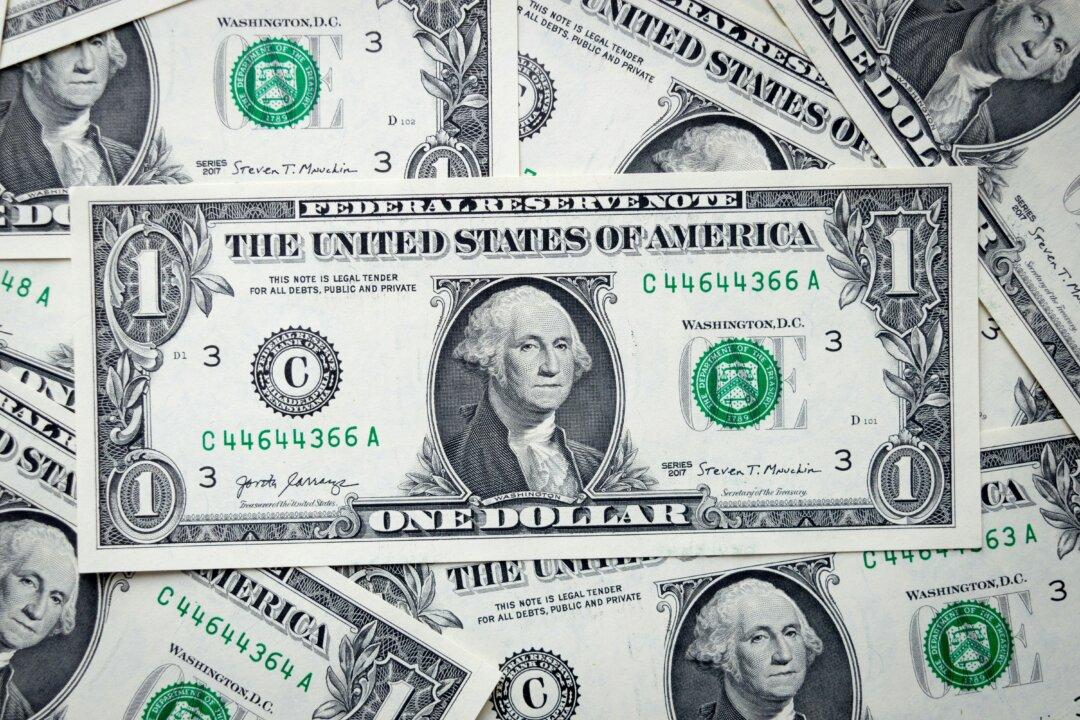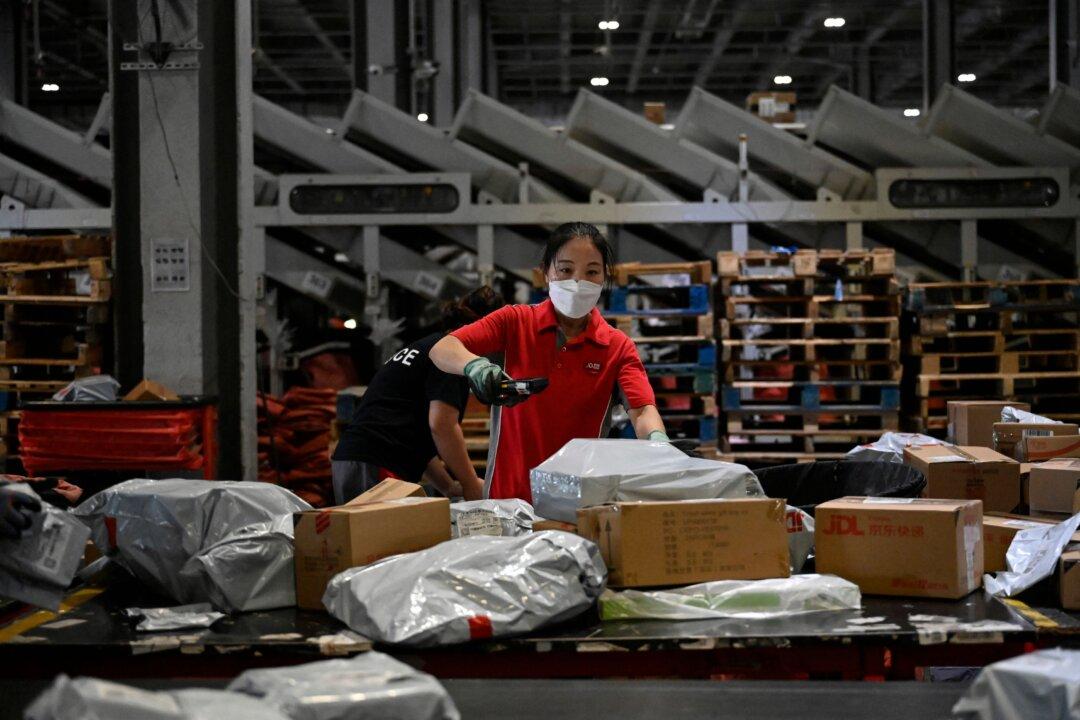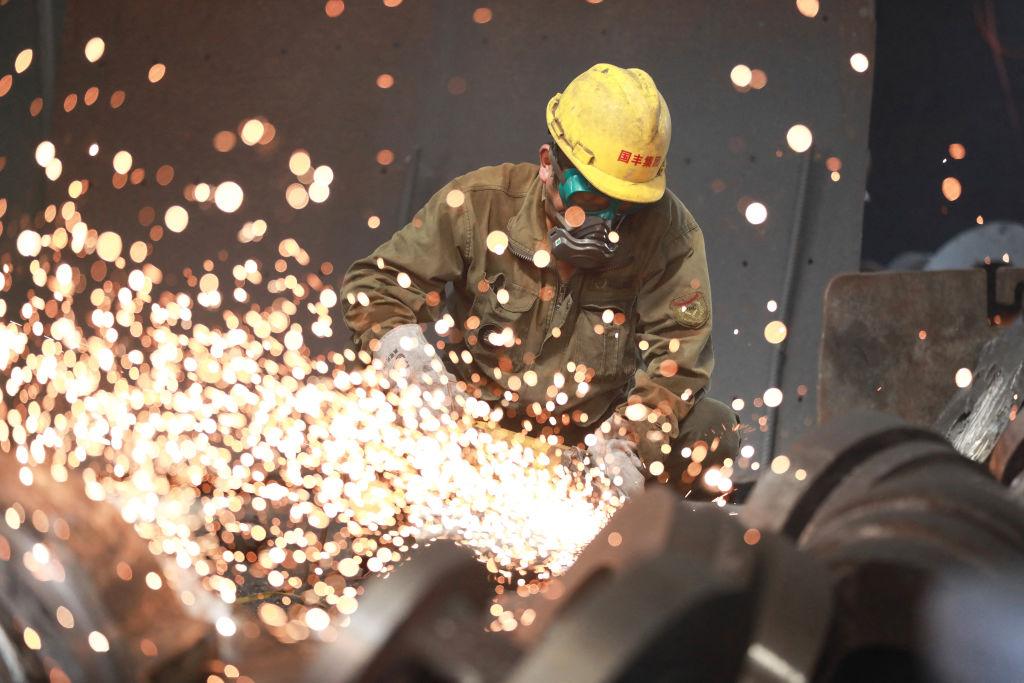China’s move last week to restrict graphite exports, a vital material in electric vehicle batteries, will not only compel European automakers to accelerate their efforts to develop alternate sources and materials; given that the European EV sector continues to depend on batteries from China, the EV supply chain is also emerging as a new source of tensions between Beijing and the European Union.
Already, China’s dominance in the EV market has become a bone of contention for the region as the EU accelerates the switch to EVs by practically prohibiting the sale of new petrol and diesel automobiles in the bloc from 2035. In September, Brussels also pledged to shield Europe’s auto industry from a “race to the bottom” by investigating Chinese state subsidies for electric vehicle manufacturers.





